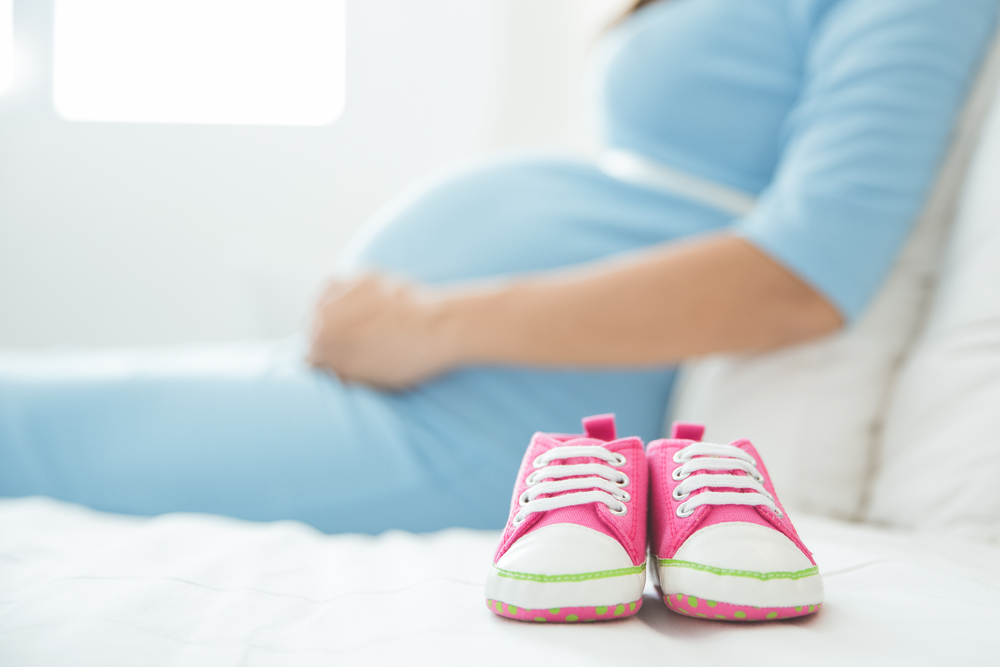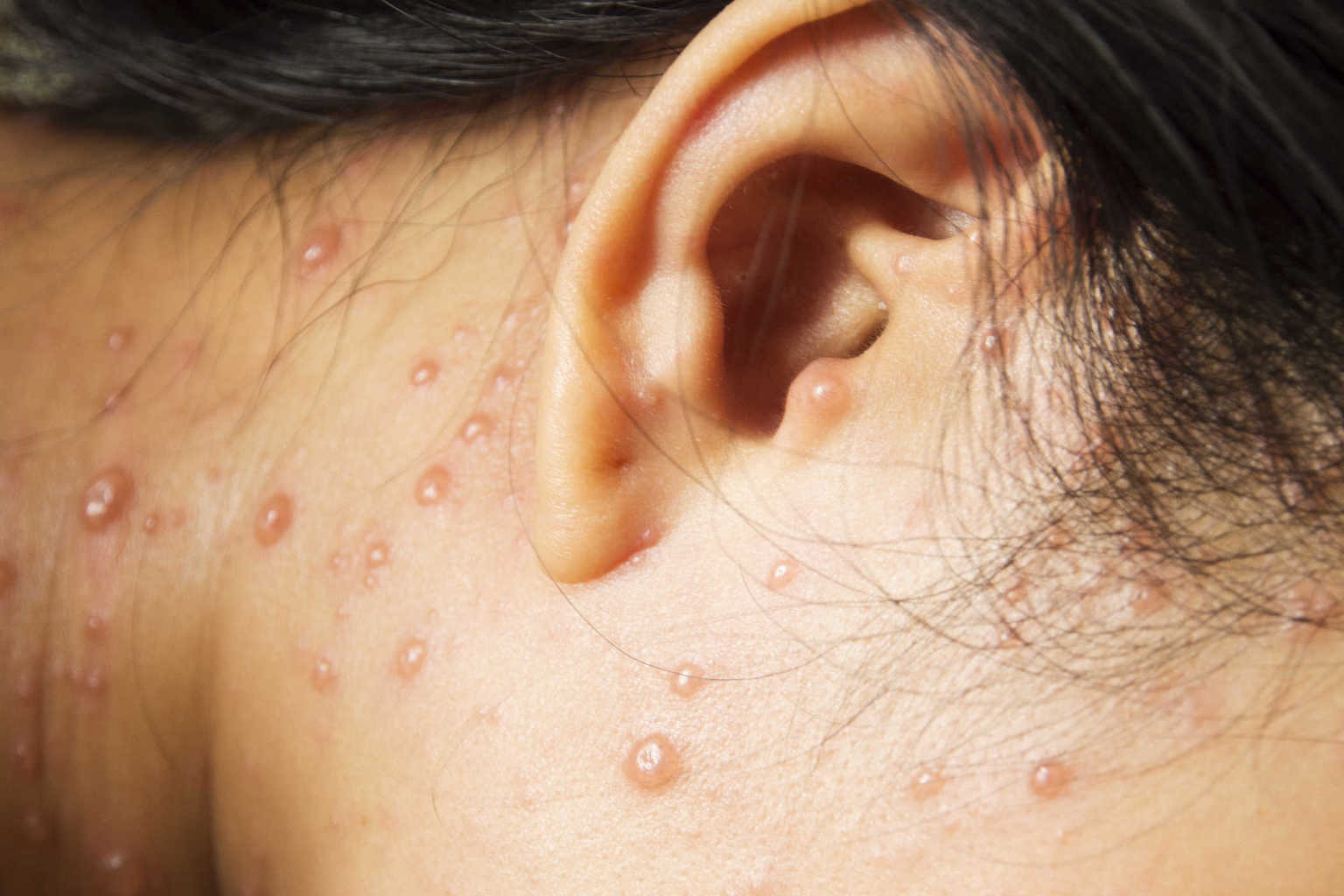Contents:
- Medical Video: Heartbreaking Warning To Mothers After Baby Dies From Herpes
- Danger of cytomegalovirus when the mother is pregnant
- How can pregnant women be infected with cytomegalovirus?
- How can a virus be transmitted to a baby?
- How to prevent cytomegalovirus?
Medical Video: Heartbreaking Warning To Mothers After Baby Dies From Herpes
Cytomegalovirus is a virus that commonly attacks pregnant women and young children. This is dangerous, even the impact can last for a long time. For this reason, pregnant women are highly recommended to avoid transmission of cytomegalovirus. Then, what are the dangers of cytomegalovirus?
Danger of cytomegalovirus when the mother is pregnant
Cytomegalovirus is still in the family of the herpes virus.Pregnant women who get an initial infection with cytomegalovirus very rarely cause symptoms, unless their immune system is weak. However, some symptoms that can arise are fever, swollen lymph glands, fatigue, muscle and joint pain, and loss of appetite.
Cytomegalovirus can be dangerous for the baby if the virus attacks the mother for the first time. About one third of pregnant women who are first infected with this virus will transmit the disease to the baby they are carrying. Indeed, only 10% of babies born to cytomegalovirus-infected mothers may be born with congenital cytomegalovirus. However, problems caused by this virus cannot be underestimated.
Babies infected with this virus during pregnancy can still be born if an infection occurs in the early stages of pregnancy. Other disorders that can be experienced by infants with congenital cytomegalovirus are central nervous system abnormalities, limited growth, smaller head size, enlarged spleen and liver, and jaundice.
Long-term health problems can also occur in infected babies, such as hearing loss, visual disturbances, intellectual disabilities, and other nervous disorders.
How can pregnant women be infected with cytomegalovirus?
Cytomegalovirus can spread through the body fluids of an infected person. Like from saliva, urine (urine), semen (sperm), mother's milk, vaginal fluids, blood, tears, and feces (feces). Objects affected by this liquid can be a medium for transmission of cytomegalovirus.
Examples are eating utensils that are shared with infected people, toys that are shared with infected children, and others.
Kissing and having sex with an infected person can also cause someone to get infected with the virus. Cytomegalovirus transmission can also occur if you touch an infected fluid and then touch your mouth or nose.
Pregnant women will be more at risk of getting cytomegalovirus, if:
- Having small children at home
- Work around small children, such as teachers or caregivers in day care centers
- Work in health care, such as health centers and hospitals
How can a virus be transmitted to a baby?
Cytomegalovirus transmission from mother to baby during pregnancy can occur through the placenta (placenta). Babies that have been born can also be infected by contact with blood infected at birth or from infected breast milk while breastfeeding.
Babies infected with cytomegalovirus during womb from mothers who are first infected with the virus have the highest risk of experiencing problems, especially if the infection occurs during early pregnancy. But the good news, infections that occur in one pregnancy will not increase the risk of subsequent pregnancies.
While babies infected during the process of birth or breastfeeding usually experience fewer symptoms or problems with infection. So, infected mothers can still be able to give birth normally and may also breastfeed their babies.
How to prevent cytomegalovirus?
The danger of cytomegalovirus for mothers and their babies cannot be underestimated. For this reason, pregnant women must take various precautions to avoid contracting the virus. Some things that pregnant women need to do to avoid transmission of cytomegalovirus include:
- Wash hands often with soap and running water, for at least 15 seconds. This habit must be done especially after contact with small children, changing diapers, cleaning up children's toys, feeding children, and so on. If you are a child care worker and are pregnant, wash your hands as often as possible after doing the activity.
- Don't share food, drinks, cutlery or toothbrushes with other people, including small children.
- Always keep your environment clean. Use detergent to clean children's toys, tables or other surfaces that often come into contact with urine, mucus, or saliva.
- Using condoms when having sex, even though it's oral sex though.













